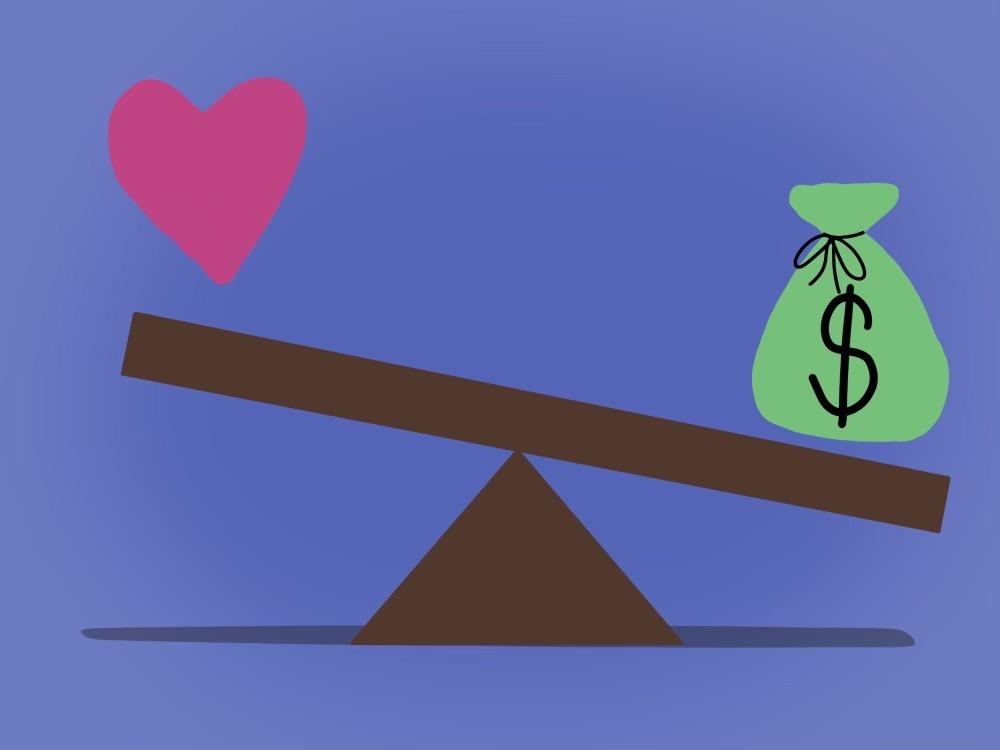Trigger warning: The following article discusses suicide.
All throughout high school, I studied classic literature. I spent five years of my life translating texts from Latin or Ancient Greek, studying the literature of said civilizations and discussing everything from either a historical or philosophical point of view.
In Italy, this type of high school education is still surprisingly popular. Most teachers strongly advocate for it by saying Western society is founded on Ancient Greece and Rome, so these cultures can enlighten us about everything there is to know.
Although classics can definitely enhance open-mindedness and provide fascinating insights, I realized toward the end of my studies one should not base their entire knowledge on old volumes and outdated theories.
I spent most of my junior year learning about Stoicism, one of the main philosophies of the Latin world and one that puts great emphasis on the meaning of suicide.
It recognizes that suicide is an “open door” and many of its followers — such as Cato and Seneca — chose it to leave a world that the philosophy recognizes as cruel and painful.
Nonetheless, most Stoics consider the act justifiable only if motivated by extreme circumstances, such as the desire to escape tyranny. Any other reason, including what we now define as mental health issues, would be considered unreasonable. The philosophy would view the act not only as a sign of weakness, but also as a murder of an innocent person.

For the first time ever, the philosophies I was supposed to look up to and seek guidance from were proving to be incredibly disappointing.
Though Stoics were familiar with depression and pain, their interpretation of suicide didn’t fully acknowledge the human desperation behind the act. Instead, it encouraged victim-blaming: The person was simply not strong enough to overcome the difficulties of life and learn from them.
My teacher in high school did not take advantage of the lesson to further the conversation about an extremely important and delicate topic. We were not presented with contrasting theories nor more empathetic interpretations and, as result, we failed to perceive suicide as a real-life issue.
“This assignment makes me want to kill myself,” “If I don’t get a good grade, I’ll shoot myself in the head,” “This class makes me want to die” and similar distasteful sentences would echo inside my classroom. I, too, am guilty of participating, and nothing justifies how naive and offensive our behavior was. Even when our teachers heard us, they wouldn’t react.
It took a heartbreaking event for all of us to take a step back and realize the gravity of the issue.
The first day of school after Easter break our junior year, while we were all in class, a teacher tried to kill himself by jumping out of a window on the third floor.
Suddenly, “suicide” wasn’t just a word in our Latin or Greek textbooks. It wasn’t used by our friends who accompanied it with laughter. It was right next to us, in our school quad, and we had no idea how to react.
Everything we had learned was derived from the fixed bits of information from centuries ago. We were forced to learn without the possibility of questioning it. If we did have questions about real life problems, the responses would still consist of quotations from Aristotle or Immanuel Kant.
The remainder of that school year was a painful but much-needed opportunity for growth and reflection.
Because we did not receive any guidance from our mentors on how to cope with the trauma we were all going through, we were forced to figure out everything on our own. No one dared to make jokes about killing themselves ever again, and we all felt utterly ashamed of our past mistakes.
We felt betrayed by our school and educational system. Although it is certainly important to learn how our ancestors viewed contemporary issues, we should not be taught to only look at them from a distant philosophical perspective.
Suicide must be discussed to increase awareness and prevention, but the conversation must include empathy and thoughtfulness. It is unacceptable that we learned what Stoicism considered an understandable reason to commit suicide without being taught that in real life there is no definitive answer for it.
I strongly disagree with the French philosopher Albert Camus’ opinion that suicide is the “only one really serious philosophical problem.” There is nothing philosophical about the voluntary death of nearly 800,000 people every year and their heartbreaking decision to give up our most precious and valuable asset: life.





























































































































